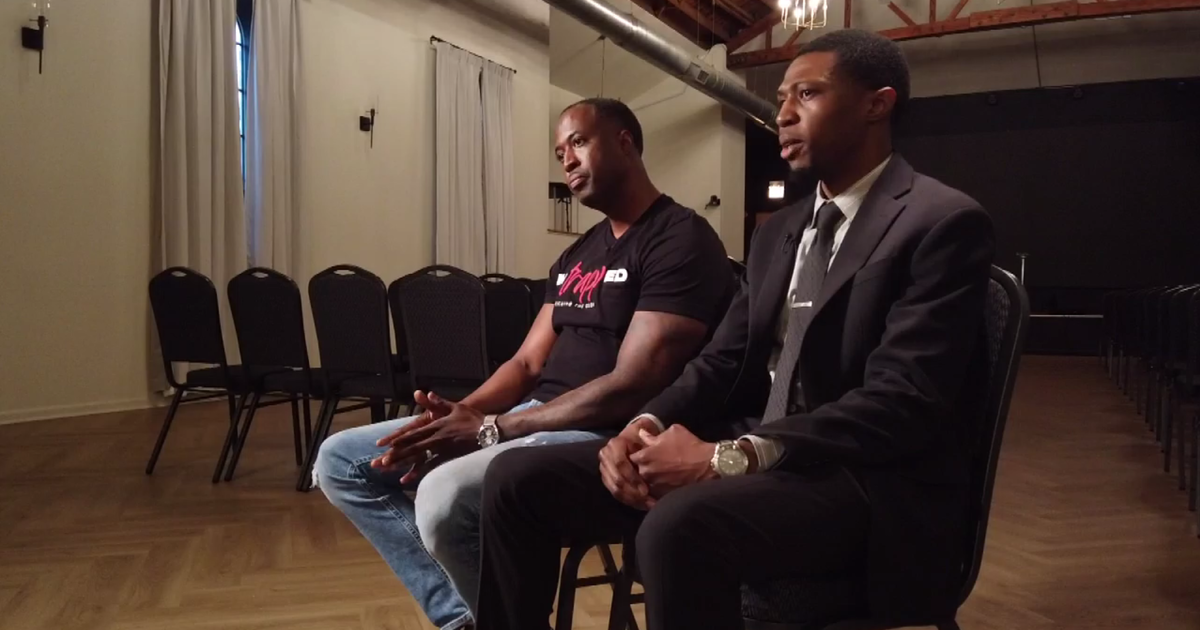Small Business 101: Can I Write Off Startup Costs?
If there wasn't enough to stress about when you launch a new small business, you now have to think about startup costs and tax time. Sure, there are a lot of things to keep in mind as you sit down to do your annual tax return, but if you're in business for yourself, you might be happy to know that you can deduct a large portion of any costs related to actually starting your business. Sure, there are limits, and there is always a lot to report and paperwork to file, but it may end up saving you some big bucks in the long run. If you're looking to learn more about deducting your startup costs, here are a few tips to get you started. Just be sure to consult a tax professional to be sure you do everything correctly.
Write down your write-offs
Here's a simple rule of thumb — write everything down. Everything. Start back when you first decided to launch your new business, and never stop. You'll want to write things down so you can provide this information to your accountant down the road, where he or she can help you figure out what is and is not deductible. You can keep track of things in an Excel spreadsheet or a simple notebook, or you can opt for a fancier option like specialty software. Just don't skip this part. It's also important that you date everything, because the IRS will want to see that every expense is directly related to your new business.
Don't skip anything
You might be surprised how many different costs are associate with starting your new business, and just how many of them you can deduct. Everything from legal fees to marketing costs, developing your products or services, and even the testing of those products can possibly be deductible. It may seem like overkill at first, but once you hit tax time and your accountant thanks you for all the careful record-keeping, you'll be very glad you were so thorough.
So how much is deductible?
Just as with everything, there are limits to what the IRS says you can deduct from your startup costs. Of course, the rules from the IRS do change regularly, but basically you can write off the first $5,000 worth of startup costs. Once you reach that $5,000 limit, then everything else has to be spread out over time, amortizing that over 15 years. It may seem like a long time to have to spread those costs out, but if you were to close up shop before that 15 years is up, you can have access to those deductions earlier. Again, it's complicated, so you'll want to get the advice of an accountant to be sure you're doing everything by the book.
When does your startup end?
Something else you need to remember is that as soon as you make a sale, you are no longer in startup mode, and you are now in business. This basically means that any expense you make from that point forward is no longer considered a startup cost and is, instead, a cost of doing business. So the official end of the startup is the minute you make your first sale. That's why you want to go back to track everything you've spend leading up to that first sale, as you can deduct up to $5,000 of those costs.
This article was written by Deborah Flomberg for CBS Small Business Pulse.



